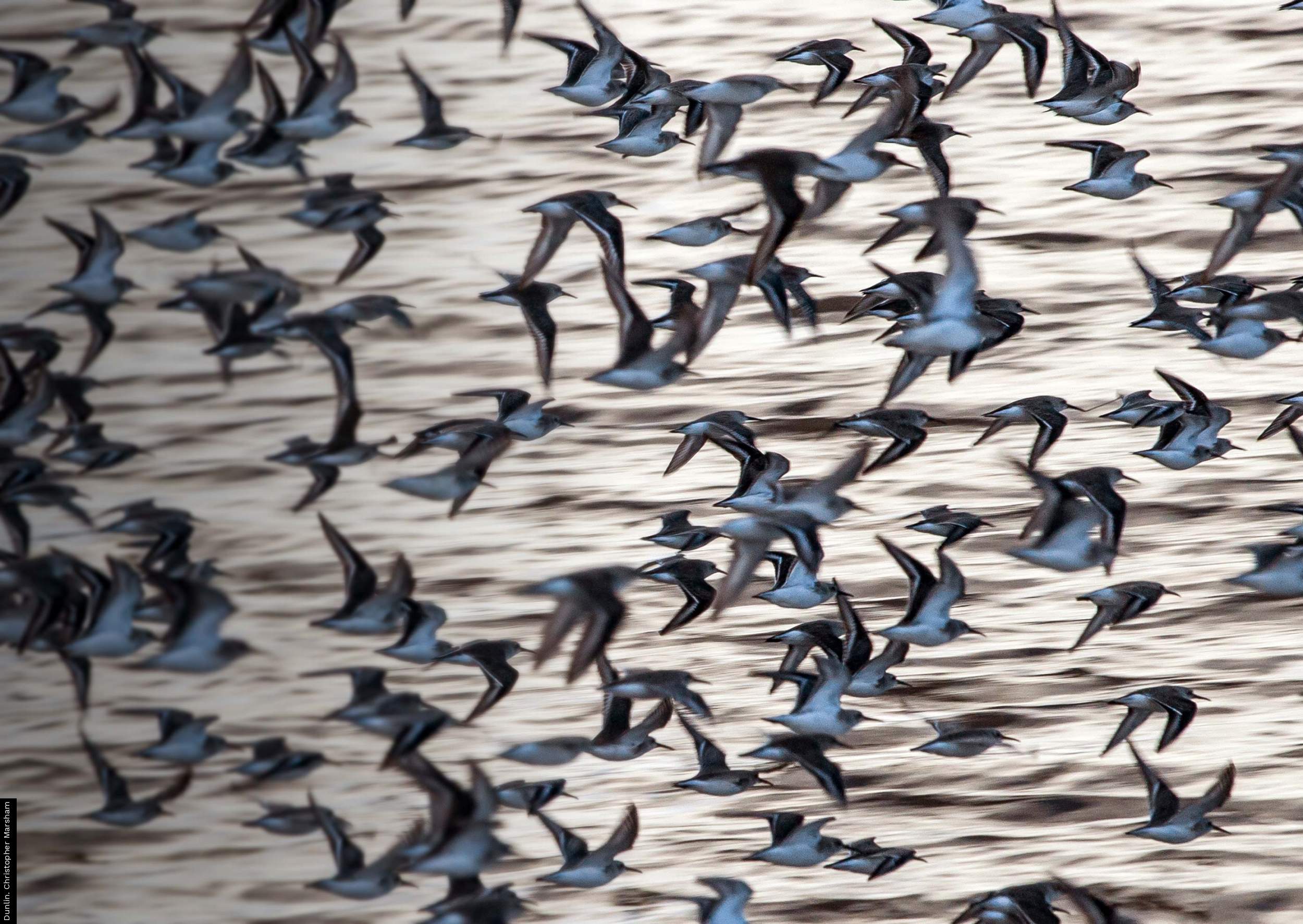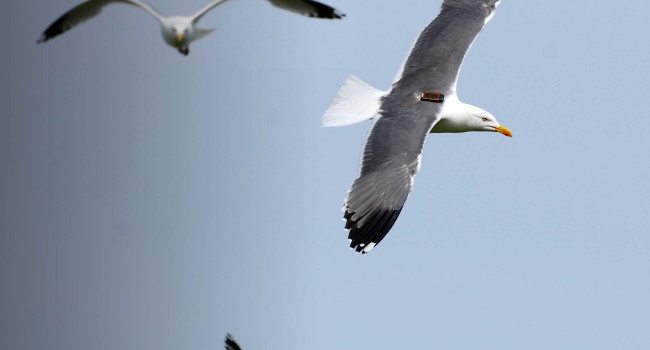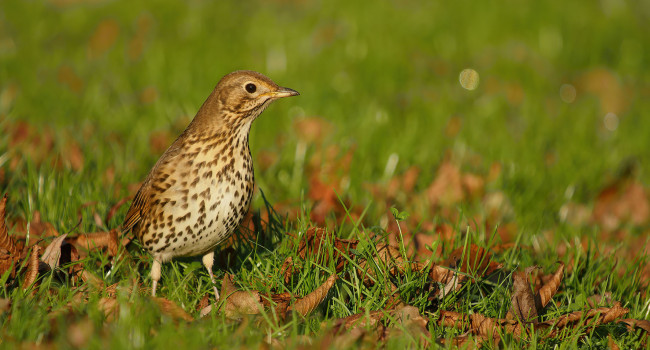Scientists discover why Cuckoos’ clocks can’t adjust to climate change
20 Jun 2023 | No. 2023-20
Spring is arriving earlier each year but Cuckoos are unable to shift the timings of their annual migration in response.
New research by scientists from the British Trust for Ornithology (BTO) shows that Cuckoos must wait for the arrival of the west African spring rains, the timing of which have remained constant, before they can cross the Sahara.
This means Cuckoos may arrive on their European breeding grounds out of sync with the peak availability of their invertebrate prey and the breeding ecology of their host species.
Unlike most other species of bird that breed in Europe but spend the winter in sub-Saharan Africa, Cuckoos have not brought forward their arrival in the UK in response to climate change. Previous research has shown a link between migratory birds with fixed arrival dates and more severe population declines. Now, scientists from the BTO have used data from the long-running BTO Cuckoo tracking project to reveal why the birds are unable to change the timing of their arrival. The new research, published today in the journal Proceedings of the Royal Society B, also shows the possible impact this could have on birds from the struggling UK population.
Cuckoos migrating to the UK leave their wintering grounds in the rainforests of central Africa in late February and spend a month or so fattening up in west Africa ahead of their arduous non-stop Sahara crossing. Data from 87 Cuckoos BTO scientists have tagged since 2011 show that the birds must wait here for the explosion in invertebrate numbers brought each year by the arrival of the spring rains. Although the timing of that annual event remains unchanged, spring is arriving earlier in Europe, leading to a potential mis-match between the Cuckoos’ arrival, the peak availability of the caterpillars they rely on for food and the breeding cycles of the host species they parasitise.
Species that are unable to shift the timing of their arrival on their breeding grounds are known to be declining more quickly than those that can. However, the reasons for this have so far remained unknown, with reduced breeding success appearing to play a surprisingly unimportant role. The results of this new study suggest that Cuckoos are exposed to a greater risk of death as they race to arrive back on their breeding grounds in time. This increased mortality could be one mechanism through which populations are impacted.
The results also suggest that providing better quality habitat at strategic locations along Cuckoo migration routes might help the birds complete their epic journeys in a more timely and less energetically costly way, helping them adapt to our changing climate.
Dr Chris Hewson, BTO Cuckoo Tracking Project lead scientist, said: “It’s fantastic to have this new insight into what determines the spring arrival of our Cuckoos, 12 years after the tracking project first allowed us to follow their return from central Africa. Many other species are thought to be able to bring forward their arrival by adjusting their internal clocks to leave their wintering grounds sooner – but this doesn’t appear to be an option for the UK Cuckoo population.
"Understanding why these are not arriving back earlier – and the possible costs that individual Cuckoos pay for trying to do so – will help us to best direct efforts of flyway restoration that may allow them to make their migrations in a more timely and successful fashion.”
Contact Details
Tom Stewart (BTO Media Manager)
Mobile: 07585 440910
Email: press [at] bto.org (subject: News%20release%20enquiry)
Mike Toms (Head of Communications)
Mobile 07850 500791
Email: press [at] bto.org (subject: News%20release%20enquiry)
Images are available for use alongside this News Release. These can be downloaded here with the password CuckooClock
Alternatively, please contact press [at] bto.org quoting reference 2023-20
Notes for editors
BTO began tagging Cuckoos in 2011 to learn more about their migration, which was previously poorly understood. By identifying the birds’ wintering areas and the places they use on migration, we can study pressures that may explain their decline in the UK. Read more here
BTO is the UK's leading bird research charity. A growing membership and up to 60,000 volunteer birdwatchers contribute to BTO's surveys, collecting information that underpins conservation action in the UK. BTO maintains a staff of 100 at its offices in Thetford, Stirling, Bangor (Wales) and Belfast (Northern Ireland), who analyse and publicise the results of surveys and projects. BTO's work is funded by BTO supporters, government, trusts, industry and conservation organisations. www.bto.org






Share this page